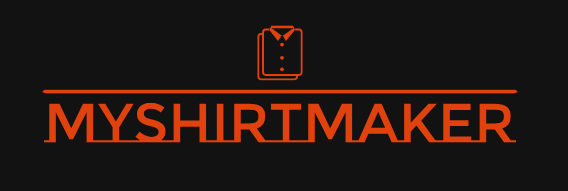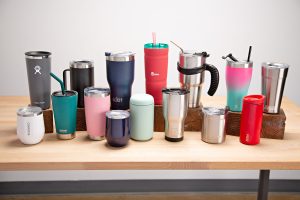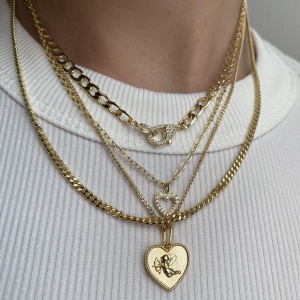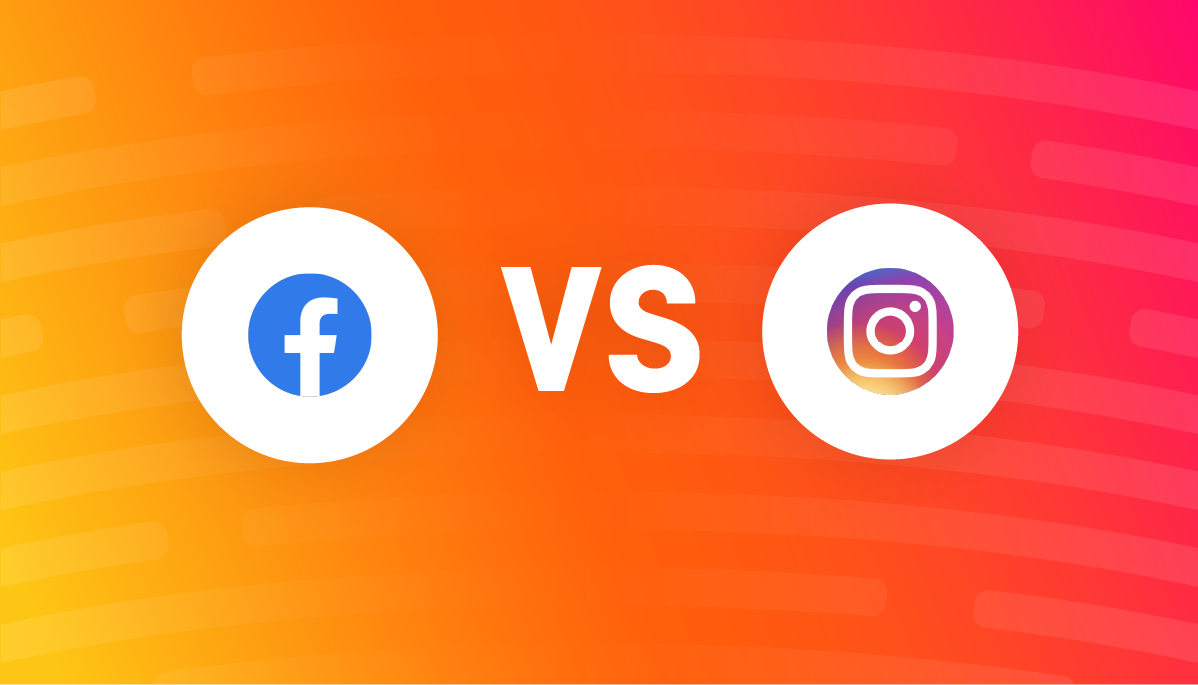5 Main Types Of Machine Embroidery Thread and Thier Uses
Embarking on the journey of machine embroidery can be both exhilarating and intimidating, particularly for newcomers. Often, beginners underestimate the significance of comprehending the diverse types of machine embroidery threads and how to effectively employ them. You’re here because you aspire to expand your knowledge and enhance your creative prowess. Well, you’ve landed in the right place. In this guide, we’ll delve into the world of polyester, rayon, cotton, silk, and even the somewhat infamous metallic threads, and explore when and how to use them in your embroidery projects. Thread is also consider able while embroidery digitizing.

Thinking of Embroidery as a Recipe, Threads as Ingredients
Before we dive into the intricate world of threads, it’s essential to grasp that not all threads are created equal, and not all machines are identical. Matching the brand of thread to your machine and needle is akin to crafting the perfect recipe. Certain thread types and brands may harmonize better with specific machines and needles.
Crucially, always test your thread on a scrap piece of fabric rather than on a cherished item of clothing. Ensure that the fabric used for testing matches the material of your intended project. Initially, acquire a small quantity of thread for thorough testing, as this practice will help you determine what works best with your machine and aligns with your creative vision.
Polyester Embroidery Thread
Polyester thread has earned its status as an industry standard for several compelling reasons. It boasts strength, durability, colorfastness, and can even endure exposure to chlorine bleach. Polyester thread lends a captivating sheen to your embroidery, imparting a professional look and feel. It offers an extensive spectrum of colors and typically runs smoothly on machines.

This thread is an excellent choice for general embroidery, especially for outdoor wear or children’s garments, as it can withstand rigorous cleaning processes. Polyester threads are a boon for your embroidery machine, reducing the risk of frequent thread breakage. However, it’s important to note that polyester threads may not be suitable for every project, as we’ll explain shortly.
Rayon Embroidery Thread
Rayon thread is a popular choice due to its vast array of vibrant colors and an even higher sheen compared to polyester. Its primary drawback is its relative weakness when compared to polyester threads, which have a substantially higher breaking point.

Therefore, it’s imperative to test various rayon thread brands with your machine, particularly for intricate designs and high-speed stitching. Generally, rayon threads perform well during high-speed embroidery and are notably softer than polyester. They are better suited for delicate and intricate work, including freestanding lace designs.
Cotton Embroidery Thread
While polyester and rayon are celebrated for their high sheen, cotton thread offers a soft and lustrous finish. You can even opt for matte-finish cotton threads to augment your creative possibilities. Cotton threads tend to perform well in most machines, although it’s advisable to conduct tests to ensure smooth operation.

Cotton threads are available in standard thickness, but you can also find finer varieties, ideal for exceptionally intricate and delicate embroidery. Keep in mind that finer threads are more prone to breakage during embroidery.
Silk Embroidery Thread
Silk, renowned for its luxury in the fashion world, holds an equally esteemed position in machine embroidery. Silk threads combine strength, fineness, sheen, and a luxurious softness that surpasses polyester and rayon. Due to these exceptional qualities, silk threads often come at a higher cost, and obtaining specific colors may pose a challenge.

However, silk thread is the ideal choice for high-end projects or embroidering on deluxe fabrics, where the ultimate in elegance and quality is paramount.
Metallic Embroidery Thread
Ah, metallic threads—the threads that have earned a reputation for frequent breakage during embroidery, causing no small amount of frustration! However, this issue can be resolved with some adjustments to your spooling technique and by using the appropriate needle designed for metallic thread embroidery.

Metallic threads consist of a central core wrapped in metal or foil layers, subsequently dyed in the desired color. These delicate layers can unravel easily, leading to thread breakage during embroidery. Opting for high-quality metallic threads can significantly reduce breakage and is worth the investment. A well-maintained machine and proper tension settings can further enhance your experience with metallic threads.
Understanding Machine Embroidery Thread Thickness
In the realm of machine embroidery, thread thickness is denoted by weight. The higher the number, the finer the thread, and the greater its susceptibility to breakage. Fine threads are ideal for creating heirloom-quality embroidery, while thicker threads are better suited for general applications.
For instance, the standard thickness of rayon thread is referred to as 40 wt (weight). A 20 wt thread would be thicker, while a 60 wt thread would be finer. The choice of thread weight depends on your project’s specific requirements, whether it involves high-detail designs on a small surface area or larger designs meant for outdoor or heavy-duty use. Generally, a 40 wt thread serves as a reliable go-to, as many embroidery designs are crafted with this weight in mind.
So, What’s the Best Machine Embroidery Thread?
If you’re seeking a straightforward answer, polyester is a strong contender. However, the right answer is the thread that perfectly complements your project, enhancing its integrity and creative brilliance. Polyester thread excels as an all-purpose choice, but rayon may be preferred for softer work. Metallic threads, despite their breakage tendencies, can infuse your piece with a touch of flair.
Silk, although expensive, adds an unrivaled luxurious appearance and texture to your projects. When selecting the ideal thread for your work, remember to conduct comprehensive tests. It’s advisable to have all the necessary colors from a trusted brand, as this can save you time, money, and potential headaches in the long run.
Understanding Bobbin Thread and Its Significance
In the intricate world of machine embroidery, the bobbin thread is akin to a hidden artisan, shaping your creations from the shadows. Without a bobbin and its thread, stitches simply wouldn’t exist. The bobbin resides directly beneath the needle. As the needle penetrates the fabric, the bobbin wheel collaborates with the main thread, creating a loop around the bobbin thread and then cinching it tight—this process is the essence of stitching.
Bobbin thread may differ in color from your embroidery thread, but it’s vital to ensure it matches or closely resembles the color of your piece. This is because bobbin thread is visible on the underside of your embroidery and can sometimes peek through your design, disrupting the overall appearance.
Selecting the Right Bobbin Thread Color
When it comes to bobbin thread color selection, it’s best to match it with the color or tone of your embroidery piece. If you’re working on a dark design like navy blue or black, opt for a dark bobbin thread. Conversely, for pale shades like yellow or white, use a light bobbin thread.
Pre-wound bobbin threads in black and white are readily available, saving you the effort of winding them yourself. If perfection is your aim, consider using the same thread and color for both bobbin and embroidery. While pre-wound bobbins matching your embroidery thread may be scarce, you can wind them yourself using a bobbin winder, widely available, even on platforms like Amazon.
Recommended Machine Embroidery Thread Brands
After extensive testing spanning over six decades, we’ve honed in on our favorite machine embroidery thread brands. Currently, our top choice is Simthread, a brand that may sound unfamiliar, but one you’ve likely encountered under different labels. Simthread serves as a white-label thread supplier for some of the industry’s most renowned brands.
Purchasing directly from Simthread, rather than through intermediary companies, offers a cost-effective route while guaranteeing quality. Simthread boasts over three decades of industry-tested excellence, offering a diverse range of vibrant colors and threads that resist breakage.
Our second recommendation is Robison Anton. Like Simthread, it offers an impressive array of colors and exhibits durability. What sets Robison Anton apart is its status as the sole thread brand still manufactured in the USA. If you’re inclined to invest a bit more, why not support local manufacturing?
Next Steps: Testing Thread on Your Embroidery Machine
Now that you’ve gained insights into the nuances of machine embroidery threads, you’re poised to embark on your creative journey. However, keep in mind that the choice of thread should align with your specific project. Also, remember that quality designs are paramount, as poorly digitized designs are a common cause of thread breaks during embroidery. Rest assured, our embroidery designs at EMDigitizer are guaranteed to be properly digitized, ensuring a seamless embroidery experience. Whether you opt for polyester, cotton, silk, or metallic thread, we offer an extensive selection of close to 30,000 designs to suit your creative endeavors. So, happy stitching, and feel free to share your go-to thread choices in the comments below!








